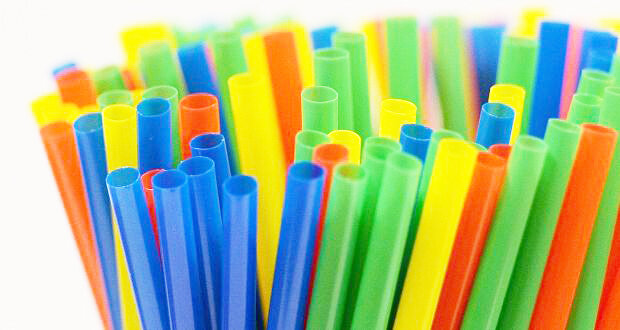
Plastics Pollution
Impacts to Land, People, Wildlife
Overview
Plastics pollution can create problems for humans as well as wildlife, plants, waterways and other aspects of our natural world. The increased use of plastics can encourage the expansion of petrochemical production. And the proliferation of single-use plastics is increasingly clogging our landfills.
The problems associated with plastics are becoming more chronic. People already understand the issues with containers and other litter in waterways. However our waterways are increasingly being affected by microplastic fragments as well- plastics that do not completely break down, and are starting to affect the food chain within our waterways. Land-based plastics also continue to be a hazard for wildlife as well.
More recently, plastics and other single-use wastes are becoming an increasing problem for cities and their landfill and recycling operations. Fewer countries are willing to take US trash, and it is often un-economical for cities to send their trash to other regions. Meanwhile, local landfills are reaching capacity and recycling is only able to handle a fraction of the waste stream.
Legislative Issues
According to the National Caucus of Environmental Legislators (NCEL) 37 states considered over 230 pieces of legislation in 2020. The citizens of Kentucky are becoming more aware of the impact of single-use plastics. During the 2020 legislative session, “plastic ban” bills were filed in both the House (HB81- Marzian) and Senate (SB68- Harper Angel)
While these bills did not pass, as proposed they would “Prohibit the intentional release of more than 25 plastic balloons; establishes a ban on plastic, single-use carryout bags by July 1, 2025, and bans single-use plastic straws and Styrofoam food and beverage containers by retail food and beverage establishments by July 1, 2023.”
This was not the first time that the legislature attempted to pass legislation relating to containers. In 2018, the Senate filed an auxiliary container “pre-emption bill,” SB82, which would have given the state pre-emptive authority over the local control of container waste.
KCC has a long history of advocating for rational container and waste laws. We had been instrumental in advocating for a “bottle bill” as far back as 1999.
Resources:
According to a recent article by National Geographic:
Plastic pollution has become one of the most pressing environmental issues, as rapidly increasing production of disposable plastic products overwhelms the world’s ability to deal with them. Plastic pollution is most visible in developing Asian and African nations, where garbage collection systems are often inefficient or nonexistent. But the developed world, especially in countries with low recycling rates, also has trouble properly collecting discarded plastics. Plastic trash has become so ubiquitous it has prompted efforts to write a global treaty negotiated by the United Nations.




